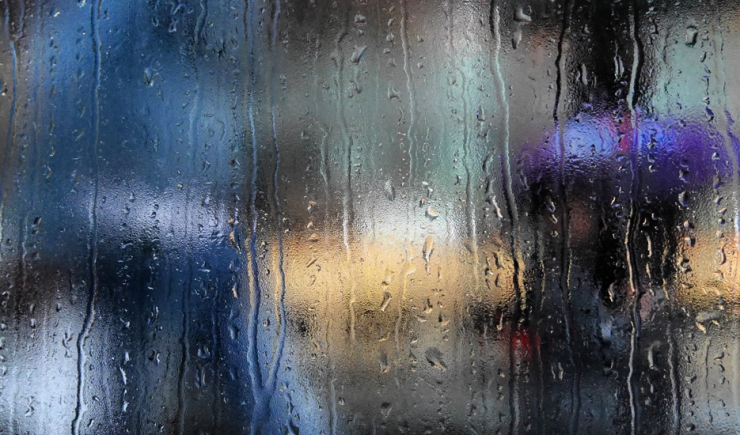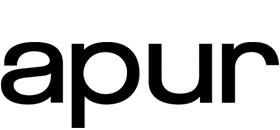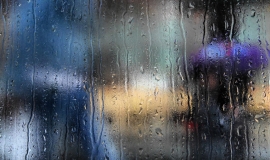Publication of the 3rd part of the frame of reference

Storage and percolation will be tomorrow’s urban rainwater management tools. 3 books to understand why, how and who with?
Within the framework of the thought process of people bathing in the rivers Seine and Marne by 2014, this last book completes the frame of reference and provides an update on the key players involved and their feedback on what they’ve experienced.
By taking note of the feedback on experience during workshops run for the key players involved in water management, Apur observed a change of approach throughout the chain of players. With in particular the value of managing light rainfall as a means of reducing the volume discharged and rethinking the city’s relationship with water.
This study on the key players and their experiences of managing rainwater locally forms the third part of a work process that began in 2018 and answers the question “who” while parts 1 and 2 asked the questions “why” and “how”.
The 1st book focuses on major issues specific to the context of a metropolis in the throws of change. The reasons for a paradigm shift in rainwater management are examined based on numerous criteria and expectations related to urban practices (swimming, cool urban areas), managing a technical heritage (waste-water system, disconnection and rendering surface ground permeable), preserving and creating urban environments (ecology, quality of life), the economy and improving water ressources.
Book 2 presents the different ways of managing rain water locally and the main drawbacks and points of leverage commonly found, be they linked to urban fabrics, public and private spaces, new development operations or urban renewal. Methods for disconnecting rain water from the main water network are also looked at in terms of volume, storage and infiltration, the permeability of ground surfaces, pollution and decontamination. These subjects are treated both as major thematics, and types of action taken following a great deal of feedback on experiences.
This study was carried out in close collaboration with the Department of Seine Saint-Denis, SIAAP, the Regional and Interdepartmental Île-de-France Environmental and Energy Office and the Seine Normandie Water Agency.
Press contact :
Quentin Treton - e-mail – 01 83 97 63 59

